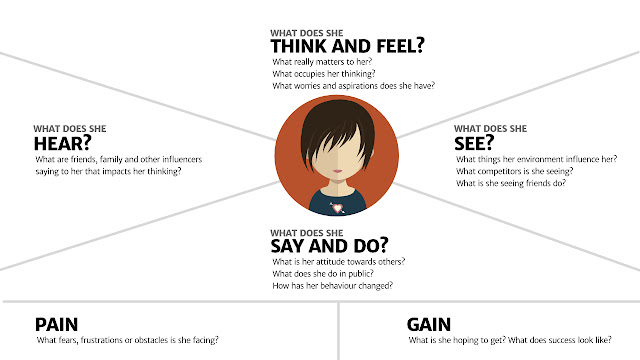What Should Your Business Outcomes Be?
What Are Your Business Outcomes?
What are your company's desired business outcomes? How did you determine what they would be?
First, what are outcomes?
They're basically the result - or the consequence - of something, of doing something.
In our case, outcomes are the result of putting forth all of this effort to improve the customer experience.
Forrester says outcomes are:
- an achieved end state that can be verified through measurable results
- tied to a funded top-level initiative
- defined through the lens of the person accountable for the end state
- colored by the interests of related stakeholders, and
- reached over time, not always on a "point A to point B journey"
Let's set aside outcomes for a moment and focus on the "measurable and quantifiable" piece of this. When NPS (net promoter score/system) was introduced, the reception was mixed on the consultant side, but businesses embraced the concept and mostly the metric as simple and easy to understand. It was touted as the one number on which you need to focus; the one number that determined loyalty; the one number to help you grow; the one number that was tied directly to profitability.
Keep that in mind.
So then I read a March 2016 McKinsey article (Linking the Customer Experience to Value) that stated: At a recent roundtable, fewer than half of the customer-experience leaders present could say what ten points of net promoter score would be worth to their businesses.
I typically take the stance that you shouldn't focus on the metric and what moves the needle - instead, focus on improving the customer experience and then watch the needle move. I, obviously, stick by that mantra.
The part I find interesting is that so many companies have adopted NPS as the key metric, with the key outcome being increasing word of mouth/recommendations to increase growth and profitability, and yet they have no idea how they've impacted the business or what that's worth to the business.
Know why?
The article calls out a huge problem with NPS: the mistake that many companies have made is that they've rallied around the metric instead of around the customer. And they forgot that if you're choosing a metric, it really does need to be tied to two things: what matters to the customer and what matters to your business (and how you'll link the metric back to outcomes).
Why does the metric matter if you don't understand the outcome... for the business or for the customer?
If you focus on results, you will never change; if you focus on change, you will get results. -Jack Dixon
http://www.cx-journey.com/2016/07/what-are-your-business-outcomes.html
About CX Journey™
You know the quote, "Success is a journey, not a destination." Well, the customer experience is a journey, too. It's a never-ending journey. Once you've designed the best experience for customers today, their needs change, their expectations evolve, customers change, etc. You'll need to think about the experience today and listen for - and anticipate - what lies ahead. You must always strive to deliver that ultimate customer experience, not only at a single touchpoint but also - especially - along the entire journey. Have you taken the first step?"Knowing where you're going is the first step to get there." -Ken Blanchard




Comments
Post a Comment